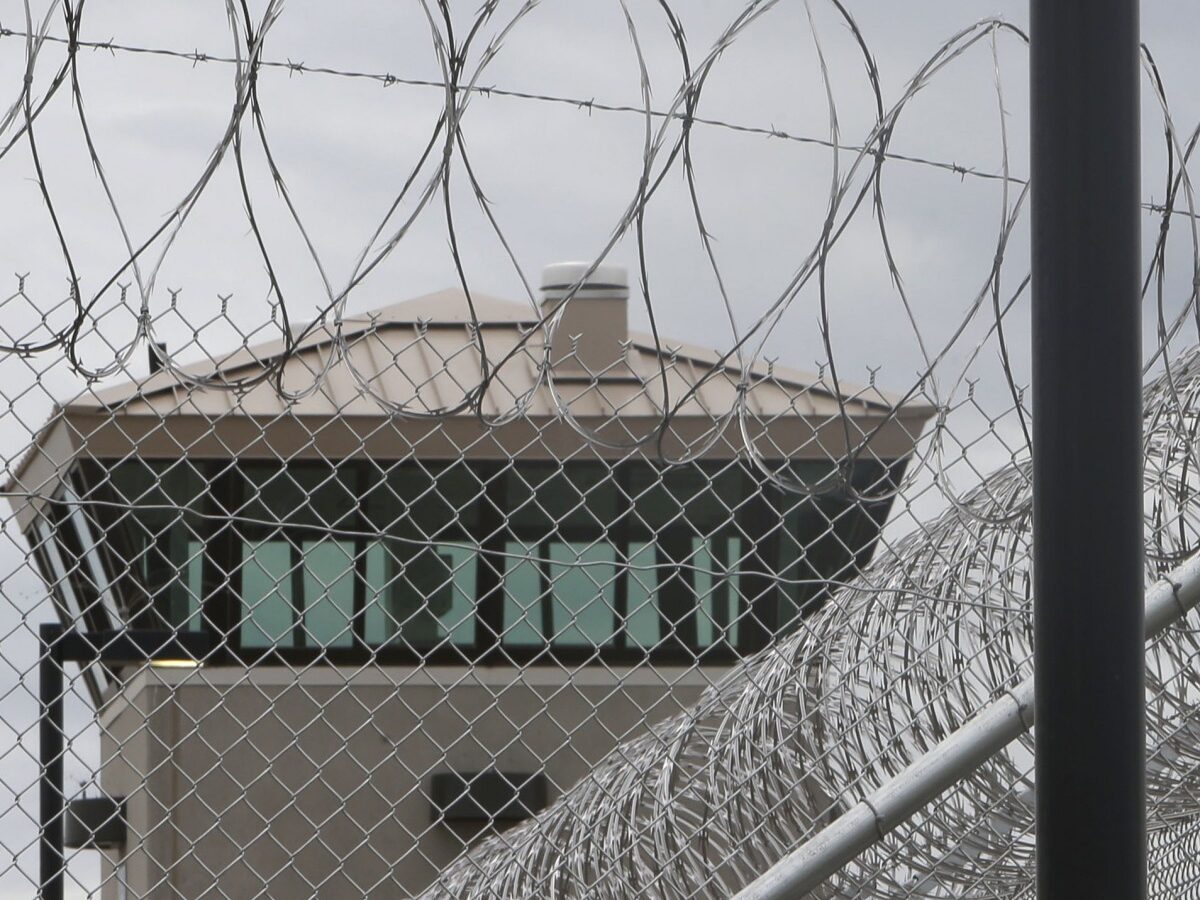
A 20-day hunger strike in prisons across California has taken the life of Billy Sell, the first victim in an ongoing protest that, at its height, had roughly 30,000 participating inmates.
First Post reports that Sell died on Monday at the Corcoran State Prison in central California. Prison officials and inmates disagree over the cause of death, with the former claiming that it was a suicide.
Supporters of the 32-year-old Sell say that he died as a result of the ongoing strike, although prison authorities claim that he was not participating at the time of this death.
Both sides have traded verbal jabs in recent days, each telling different stories.
“Advocates are outraged at Sell’s death, noting that it could have been prevented if [prison officials] had negotiated with strikers,” said the Prisoner Hunger Strike Solidarity Coalition.
Deborah Hoffman, a Department of Corrections and Rehabilitation spokeswoman, rejected this assertion, telling First Post, “It’s irresponsible and inflammatory for hunger strike supporters to say this inmate, whose death is being investigated as a suicide, died as a result of the hunger strike.”
The Kings County coroner’s office will likely have the final word on the matter but has yet to determine a cause of death, according to a recent report by the Associated Press.
Regardless of the outcome, the hunger strike carries on with no word on whether California prison authorities will negotiate over a key set of prisoner demands, including more access to television and radio and longer visiting hours.
The hunger strike began July 9 with some 30,000 prisoners refusing food. The protest has dwindled considerably since that time, with fewer than 1,000 still abstaining from food.
The prisoners issued a set of five core demands earlier this month in response to what human rights advocates believe are inhumane conditions that may violate inmates’ constitutional liberties.
This is the third hunger strike launched since 2011 to protest living conditions in the prison’s security housing units, an area where roughly 4,500 gang members and serious offenders are held in isolation. The Associated Press reports that many are held for terms of more than 10 years.
This, according to human rights groups, is a form of torture and inhumane treatment. The Center for Constitutional Rights reports that Juan Mendez, a United Nations special rapporteur, found that stints in solitary confinement as short as 15 days constitute “torture or cruel, inhuman or degrading treatment or punishment.”
Mendez added in a 2011 statement that stays longer than 15 days can cause “irreversible harmful psychological effects” on prisoners.


